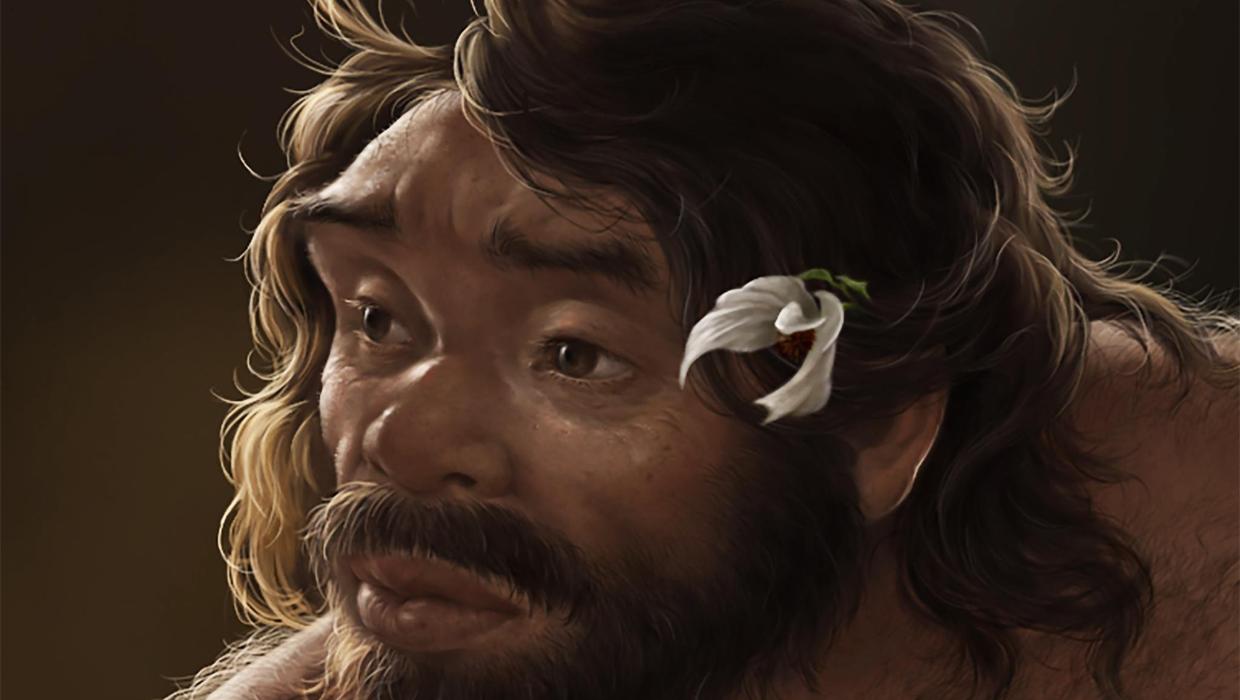Science
Ancient Skull Challenges Human Evolution Timeline, Sparks Debate

A recently discovered fossilized skull is prompting scientists to reassess the timeline of human evolution, suggesting that our species may be significantly older than previously established. This finding, uncovered in Africa, challenges long-held beliefs and ignites a debate within the scientific community regarding the origins of modern humans.
The skull, which dates back approximately 300,000 years, is believed to belong to an early human ancestor. Its discovery raises crucial questions about the evolutionary path leading to Homo sapiens. According to researchers from the University of Cape Town, this finding may push back the timeline of human evolution by tens of thousands of years, contradicting the conventional view that modern humans emerged around 200,000 years ago in Africa.
Implications for Human Evolution Understanding
The significance of this skull lies not just in its age, but in the insights it provides into the physical characteristics of early humans. The fossil exhibits features that are distinct from both modern humans and other known hominin species, suggesting a more complex evolutionary web than previously understood. Dr. Sarah Thompson, a lead researcher involved in the study, stated, “This skull offers a rare glimpse into our past, revealing that the history of human evolution is likely more intricate than textbooks currently suggest.”
Archaeological findings have consistently indicated that the history of human evolution is far from linear. The discovery of this skull aligns with recent evidence pointing to multiple hominin species coexisting and interacting in ancient environments. This new evidence could lead to a reevaluation of what it means to be human and how various species contributed to our genetic makeup.
The implications extend beyond mere academic interest; they can influence our understanding of migration patterns, adaptation, and even the development of culture among early human societies. The research team plans to conduct further analyses to understand the ecological and environmental conditions that surrounded these early humans.
Future Research and Exploration
As the scientific community digests this groundbreaking discovery, the focus will shift to additional excavations and studies in the region. Future research is expected to uncover more fossils, which could provide further insights into the evolution of our species.
Funding for this ongoing research comes from various academic institutions and grants, emphasizing the collaborative nature of modern scientific inquiry. The findings will be published in a peer-reviewed journal, ensuring that the data undergoes rigorous scrutiny.
In conclusion, the discovery of this ancient skull not only challenges established timelines but also enriches the narrative of human evolution. As scientists continue to investigate our origins, the story of humanity is poised to become even more fascinating and complex. The exploration of this remarkable find may reshape our understanding of who we are and how we came to be.
-

 World1 week ago
World1 week agoPrivate Funeral Held for Dean Field and His Three Children
-

 Top Stories2 weeks ago
Top Stories2 weeks agoFuneral Planned for Field Siblings After Tragic House Fire
-

 Sports3 months ago
Sports3 months agoNetball New Zealand Stands Down Dame Noeline Taurua for Series
-

 Entertainment3 months ago
Entertainment3 months agoTributes Pour In for Lachlan Rofe, Reality Star, Dead at 47
-

 Entertainment2 months ago
Entertainment2 months agoNew ‘Maverick’ Chaser Joins Beat the Chasers Season Finale
-

 Sports3 months ago
Sports3 months agoSilver Ferns Legend Laura Langman Criticizes Team’s Attitude
-

 Sports1 month ago
Sports1 month agoEli Katoa Rushed to Hospital After Sideline Incident During Match
-

 World2 weeks ago
World2 weeks agoInvestigation Underway in Tragic Sanson House Fire Involving Family
-

 Politics2 months ago
Politics2 months agoNetball NZ Calls for Respect Amid Dame Taurua’s Standoff
-

 Top Stories2 weeks ago
Top Stories2 weeks agoShock and Grief Follow Tragic Family Deaths in New Zealand
-

 Entertainment3 months ago
Entertainment3 months agoKhloe Kardashian Embraces Innovative Stem Cell Therapy in Mexico
-

 World4 months ago
World4 months agoPolice Arrest Multiple Individuals During Funeral for Zain Taikato-Fox





















